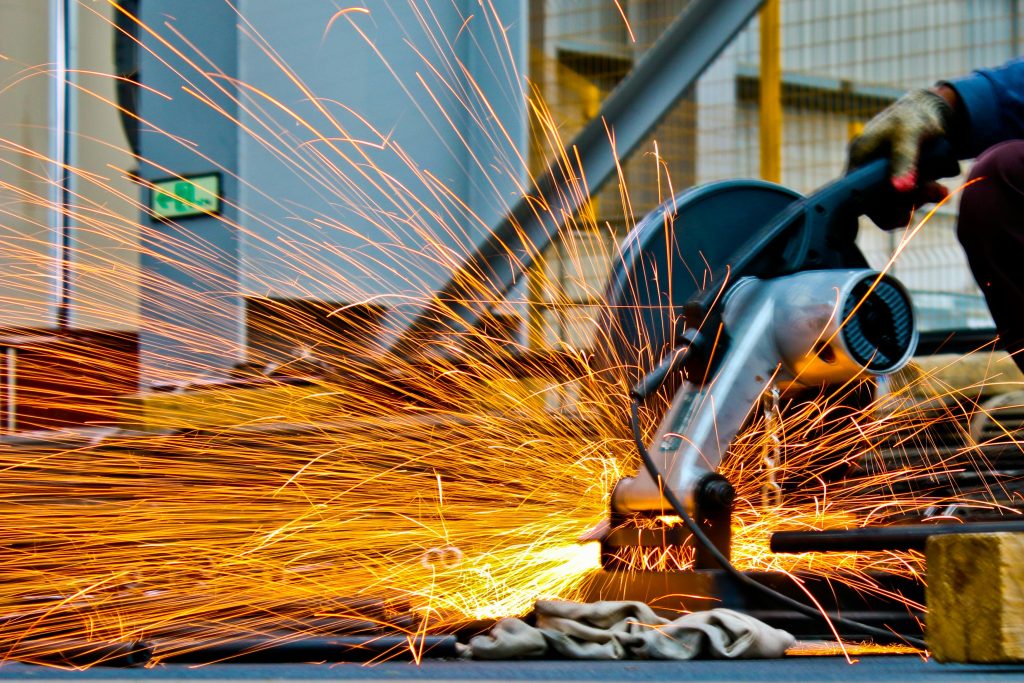 In a significant victory for the family of a deceased worker, the Louisiana Court of Appeal has overturned a previous ruling, ensuring they receive workers’ compensation death benefits. The case, Orozco v. Filser Construction & Aries Building Systems, Inc., centered around the complex issue of determining whether Serna Jr. was an independent contractor or an employee entitled to workers’ compensation benefits.
In a significant victory for the family of a deceased worker, the Louisiana Court of Appeal has overturned a previous ruling, ensuring they receive workers’ compensation death benefits. The case, Orozco v. Filser Construction & Aries Building Systems, Inc., centered around the complex issue of determining whether Serna Jr. was an independent contractor or an employee entitled to workers’ compensation benefits.
Case Background
Serna Jr. was working for his father’s company, Filser Construction, which was subcontracted by Aries Building Systems to perform work at a U.S. Navy facility. He was tragically killed while moving trailers on the job site. His alleged dependents, Mariana Orozco and Aggie Filiberto Serna Orozco filed a workers’ compensation claim against Filser and Aries.
The defendants argued that Serna Jr. was an independent contractor, not an employee, and thus not eligible for workers’ compensation benefits. The OWC initially ruled in favor of the defendants, but the Court of Appeal remanded the case, instructing the OWC to consider the “manual labor exception” under Louisiana law.
Manual Labor Exception
Louisiana law presumes that a person rendering service for another is an employee, but this presumption can be rebutted. However, even if a worker is classified as an independent contractor, they may still be entitled to workers’ compensation benefits if a substantial part of their work involves manual labor. This is known as the “manual labor exception.”
Court’s Analysis
On remand, the OWC again ruled in favor of the defendants, finding that the manual labor exception did not apply. However, the Court of Appeal disagreed. It determined that the OWC’s decision was manifestly erroneous, meaning it was clearly wrong based on the evidence presented.
The court emphasized that Serna Jr. performed manual labor in the construction industry at his death. While he also performed some business-related tasks for his father’s company, these did not negate that a substantial part of his work involved physical labor.
Outcome:
The Court of Appeal reversed the OWC’s judgment and remanded the case for further proceedings. This ruling means Serna Jr.’s family is likely entitled to workers’ compensation death benefits.
Key Takeaways
This case highlights the complexities surrounding classifying workers as employees or independent contractors in workers’ compensation cases. It underscores the importance of the manual labor exception, which can extend workers’ compensation coverage to individuals who might otherwise be considered independent contractors.
The decision also emphasizes the importance of appellate review in ensuring that the OWC’s decisions are based on sound legal principles and a proper evaluation of the evidence.
If you or a loved one has been injured or killed on the job, it is crucial to consult with an experienced workers’ compensation attorney to understand your rights and navigate the complexities of the legal system.
Written by Berniard Law Firm
Other Berniard Law Firm Articles on Manual Labor Independent Contractor Exception in Workers’ Compensation: Can an Independent Contractor collect Workers’ Compensation Benefits? and Can Independent Contractors Performing Manual Labor Receive Workers’ Compensation Benefits in Louisiana?
 Louisiana Personal Injury Lawyer Blog
Louisiana Personal Injury Lawyer Blog

